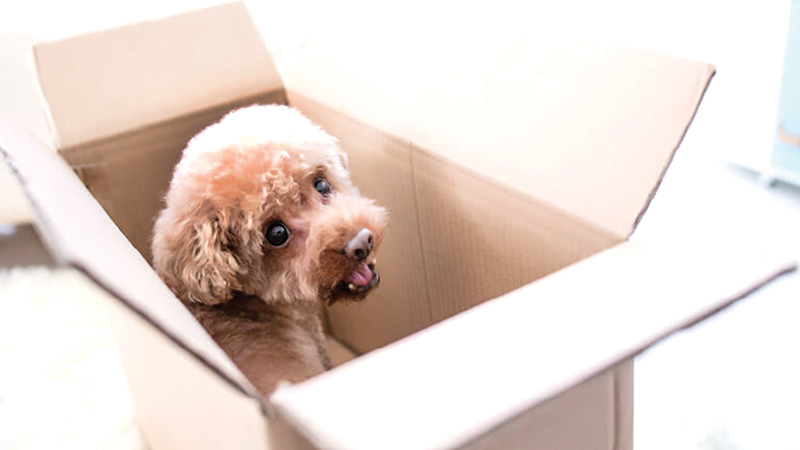If you’re someone who frequently goes on long holidays, you might face challenges in ensuring your pet’s well-being during your absence. One common mistake pet owners make is “rearranging” their pets—moving them between households, changing their environment, or disrupting their routines. While this may seem like a practical solution, it can have adverse effects on their mental and physical health.
All pets, from dogs and cats to smaller animals like rabbits or guinea pigs, thrive on routine. Predictability provides them with a sense of security and comfort. A consistent feeding schedule, familiar surroundings, and regular interaction with trusted caregivers are essential for their well-being.
When routines are disrupted, pets can experience stress, which manifests in various ways. Dogs might exhibit destructive behaviour, excessive barking, or loss of appetite. Cats, on the other hand, may hide, refuse to eat, or show signs of aggression. Smaller animals can become withdrawn or even ill due to the stress of change.
The impact of rearranging pets
Rearranging pets refers to moving them between different homes, introducing new caretakers frequently, or making significant changes to their environment. While this might seem like a practical solution for pet owners who travel often, it can create a host of problems for the animals involved.
Pets form strong bonds with their owners and their environment. Sudden changes, such as being moved to a new home or staying with unfamiliar people, can cause emotional distress. For dogs and cats, this can result in separation anxiety, characterised by excessive clinginess or destructive behaviours.
Cats, in particular, are territorial animals. Moving them to a new place disrupts their sense of security, as they rely on familiar scents and surroundings to feel safe. Even dogs, though more adaptable, can struggle with frequent changes in their living arrangements.
Stress can weaken a pet’s immune system, making them more susceptible to illnesses. Behavioural issues, such as refusing to eat or drink, can also lead to physical health problems.
Frequent rearrangements can confuse pets and make it difficult for them to form strong bonds with caregivers. Over time, this can lead to a lack of trust, making it harder to manage their behaviour or ensure their comfort.
By avoiding frequent rearrangements and prioritising your pet’s needs, you create a stable and loving environment that allows them to thrive. Pets are not just companions; they are family members who depend on you for their well-being.
While traveling is exciting and often necessary, it’s vital to consider how your lifestyle affects your furry or feathered friends. With careful planning and a commitment to their happiness, you can enjoy your holidays without compromising their comfort and security.
Ways to rearranging pets
If you often go on long holidays, there are better ways to care for your pets without disrupting their routines or causing them unnecessary stress. Here are some practical alternatives:
Hire a pet sitter
A professional pet sitter can care for your pets in the comfort of your home. This arrangement minimises disruption to their routine and ensures they remain in a familiar environment. Many pet sitters also offer daily updates, giving you peace of mind while you’re away.
Enlist a trusted friend or family member
If hiring a pet sitter isn’t an option, consider asking a trusted friend or family member to look after your pets. It’s best to choose someone your pets are already familiar with to reduce anxiety.
Use boarding facilities carefully
While pet boarding facilities can be a good option, not all pets adapt well to them. If you choose this route, visit the facility beforehand to ensure it’s clean, safe, and has experienced staff. Gradual introductions, such as short stays before your trip, can help your pet adjust.
Maintain familiarity
If your pet must stay in a new environment, bring familiar items like their bed, toys, or a blanket that smells like home. These items can provide comfort and reduce stress.
Plan trips mindfully
If possible, plan your trips to minimise their duration or frequency. Balancing your travel plans with your pet’s needs shows a commitment to their well-being.
Special considerations for different pets
Dogs
Dogs are highly social animals and often struggle with separation from their owners. Hiring a sitter who can spend ample time with them or choosing a pet daycare that offers companionship and playtime can be ideal.
Cats
Cats prefer staying in their home environment. Even when you’re away, a sitter who visits daily to provide food, water, and interaction can keep them happy and healthy.
Smaller pets
For smaller animals like rabbits, hamsters, or birds, stability is critical. Ensure their cages or enclosures are cleaned regularly and that they have access to their usual food and water.









